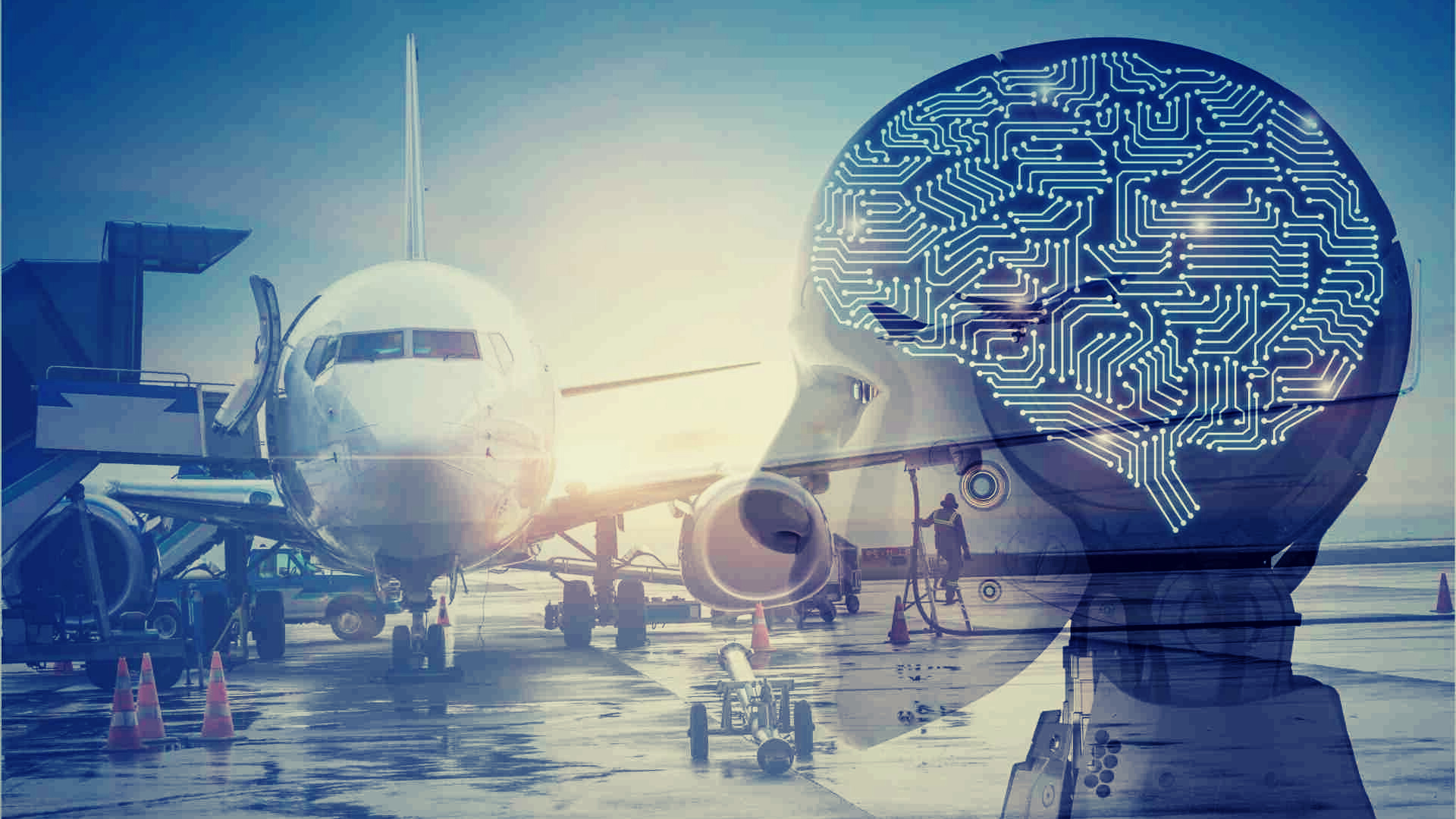
How AI is Revolutionizing Airport Operations
Airports are bustling hubs of activity, with thousands of passengers passing through daily. Managing this flow efficiently is no small feat. Enter Artificial Intelligence (AI). AI is transforming airport operations, making them smoother, safer, and more efficient. Airport Gurus are leveraging AI to streamline processes, enhance security, and improve passenger experiences. Let’s explore how AI is used in various aspects of airport operations and how it’s changing how we travel.
Enhancing Passenger Experience
Streamlining Check-Ins
Long lines at check-in counters can be a traveler’s nightmare. AI-powered kiosks and mobile apps are making check-ins faster and more convenient. These systems can process passenger information quickly, reducing wait times and improving the overall experience.
Personalized Services
AI can analyze passenger data to offer personalized services. From suggesting the best routes through the airport to recommending nearby restaurants, AI ensures passengers have a seamless and enjoyable journey. Imagine getting a notification about a shorter security line or a discount at your favorite airport café.
Virtual Assistants
Virtual assistants, like chatbots, are becoming common in airports. They can answer passenger queries, provide flight updates, and even assist with booking changes. These AI-driven assistants are available 24/7, offering real-time support and reducing the burden on human staff.
Improving Security
Advanced Surveillance
Security is a top priority in airports. AI-powered surveillance systems use computer vision to monitor and analyze video feeds. These systems can detect suspicious behavior, identify potential threats, and alert security personnel in real time. This proactive approach enhances safety and ensures a swift response to any incidents.
Facial Recognition
Facial recognition technology is revolutionizing airport security. It speeds up the identification process at checkpoints, reducing the need for manual document checks. This technology enhances security and improves the passenger experience by minimizing delays.
Predictive Analytics
AI can analyze vast amounts of data to predict potential security threats. By identifying patterns and anomalies, AI helps security teams stay one step ahead. This predictive capability is crucial in preventing incidents before they occur.
Optimizing Operations
Efficient Baggage Handling
Lost luggage is a common travel woe. AI is improving baggage handling systems by tracking bags in real-time and ensuring they reach the correct destination. AI can also predict and prevent potential issues, such as conveyor belt malfunctions, reducing delays and mishandled baggage.
Air Traffic Management
Managing air traffic is a complex task. AI is helping to optimize flight schedules, reduce delays, and improve overall efficiency. By analyzing weather conditions, air traffic patterns, and other factors, AI can make real-time adjustments to flight plans, ensuring smoother operations.
Predictive Maintenance
Aircraft maintenance is critical for safety and efficiency. AI-powered predictive maintenance systems can analyze data from various sensors to predict equipment failures before they happen. This proactive approach reduces downtime and ensures that aircraft are always in top condition.
Enhancing Customer Service
Sentiment Analysis
AI can analyze passenger feedback from surveys, social media, and customer reviews to gauge satisfaction levels. This information helps airports identify areas for improvement and enhance the overall customer experience. By understanding passenger sentiments, airports can make data-driven decisions to improve services.
Queue Management
Long queues can be frustrating for passengers. AI-powered systems can monitor foot traffic, identify bottlenecks, and optimize queue management. By predicting peak times and adjusting staffing levels accordingly, AI helps reduce wait times and improve passenger flow.
Real-Time Updates
AI can provide passengers with real-time updates on flight status, gate changes, and other important information. This ensures that passengers are always informed and can plan their time at the airport more effectively.
Environmental Impact
Energy Management
Airports consume a significant amount of energy. AI can optimize energy usage by analyzing data from various systems and making real-time adjustments. This not only reduces costs but also minimizes the environmental impact of airport operations.
Waste Management
AI-powered waste management systems can monitor and optimize waste collection and disposal processes. By predicting waste generation patterns, these systems ensure that waste is managed efficiently, reducing the environmental footprint of airports.
Conclusion
AI is revolutionizing airport operations in numerous ways. From enhancing passenger experience to improving security and optimizing operations, AI is making air travel more efficient, safe, and enjoyable. As technology continues to advance, we can expect even more innovative applications of AI in the aviation industry. So, next time you travel, take a moment to appreciate the AI-driven systems working behind the scenes to make your journey smoother and more pleasant. Safe travels!



Average Rating